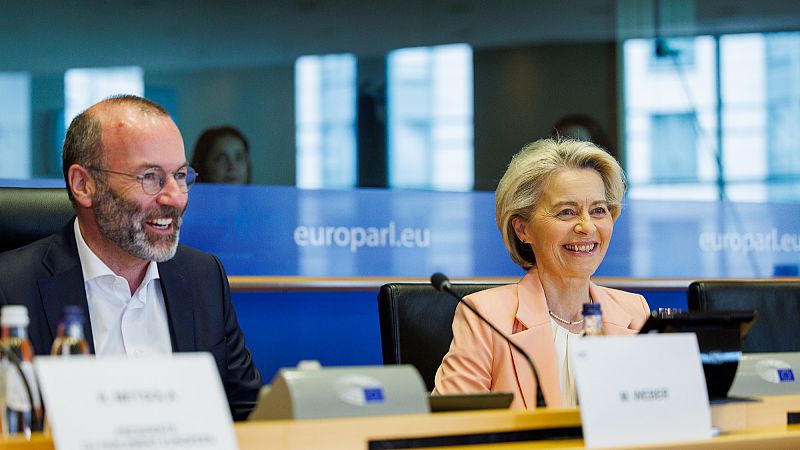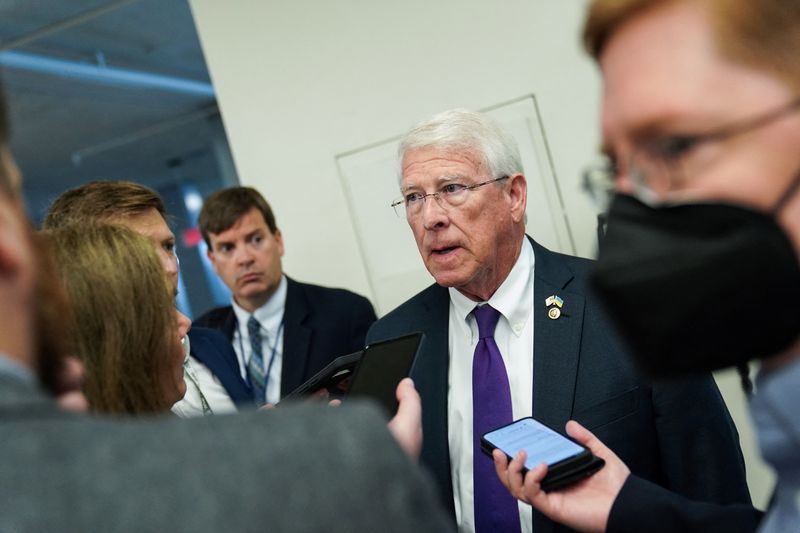The European Parliament has been marginalized from the decision-making process regarding the newly unveiled €800 billion initiative aimed at bolstering support for Ukraine in the near future and guaranteeing its self-reliance for defense in the longer run.
Part of the ‘Rearm Europe’ initiative, European Union Commission President Ursula von der Leyen has suggested establishing a new financing tool designed to provide up to €150 billion in loans.
Article 122
Of the treaty, which permits the EU commission to urgently present a document directly to the council—thereby circumventing the European Parliament.
“The sole option for urgent financial support is this one, and that’s exactly what we require at present,” von der Leyen stated to the MEPs in Strasbourg, also mentioning that the EU executive would maintain communication with Parliament regarding advancements.
Article 122 was initially incorporated into the EU Treaties back in 2007 and has only seen limited application over the years, notably during the COVID-19 pandemic.
This enables the EU to adopt “appropriate measures based on the economic climate, particularly when significant issues occur with the supply of specific goods,” bypassing the requirement for approval from the European Parliament.
von der Leyen’s choice has sparked varied responses among Members of the European Parliament, even within her own political group.
Manfred Weber, who heads the European People’s Party (EPP) group in the Parliament, has stated that additional democratic legitimacy is required in the procedure and that the Parliament should have complete involvement.
“Using Article 122 to bypass Parliament is an error. European democracy rests on two foundations: its citizens and its member states, and both are essential for our safety,” Weber stated to his colleagues during the session in Strasbourg.
Last week, European Parliament President Roberta Metsola stated that during the previous EU elections held in June 2024, there was a significant move towards the right within the parliament, along with “an increasing number of voters expressing their frustrations and despair.”
“Fostering trust within our union can be achieved by working through the European Parliament, particularly when dealing with such significant decisions,” she stated to EU leaders at the special European Council meeting on March 6th.
“Yes, we require rapid measures, yet collaboration is essential for garnering widespread and substantial support from the public,” Metsola emphasized, assuring that the Parliament will adjust to these challenging conditions by operating swiftly, efficiently, and effectively.
On Wednesday, the European Parliament had an opportunity to voice its opinion on the proposal; however, this was solely via a non-binding resolution, which passed with 419 votes in favor, 204 against, and 46 abstentions.
MEPs from across the political spectrum called for a stronger “Parliament oversight and scrutiny role, in line with the expansion of the EU’s role in defence”.
In Wednesday’s resolution, MEPs urged member states to increase their defence spending to at least 3% of GDP, to support the creation of a bank for defence, security and resilience, and to explore a system of European defence bonds to pre-finance major military investments, among other measures.
However, the resolution agreed by the Parliament didn’t include any specific censure of the use of article 122, despite some MEPs having attempted to table such an amendment.
Certain legislators from The Left and The Greens/EFA factions suggested adding the following recital: “The Parliament regrets the decision to utilize Article 122 […] for establishing a fresh EU mechanism aimed at bolstering member states’ defense capacities; strongly objects to being sidelined from the decision-making process.”
However, the amendment was denied with 444 votes opposed; notably, most representatives from the European People’s Party (EPP), the Progressive Alliance of Socialists and Democrats (S&D), Renew Europe, and the European Conservatives and Reformists (ECR) voted against it.
“We would rather have greater input into the development of this plan, but this isn’t a significant issue for our group,” said ECR co-chairman Nicola Procaccini to Euronews, elaborating on their choice.
Estonian MEP Riho Terras, who sits as EPP vice-chair of the Security and Defence Committee (SEDE), believes it’s a time-critical issue and that the EU should focus on delivering results rather than the process itself.
“We (the SEDE committee) do not feel sidelined as long as we have oversight and transparency of the use of the funds that the Commission lends to the member states,” Terras told Euronews.





